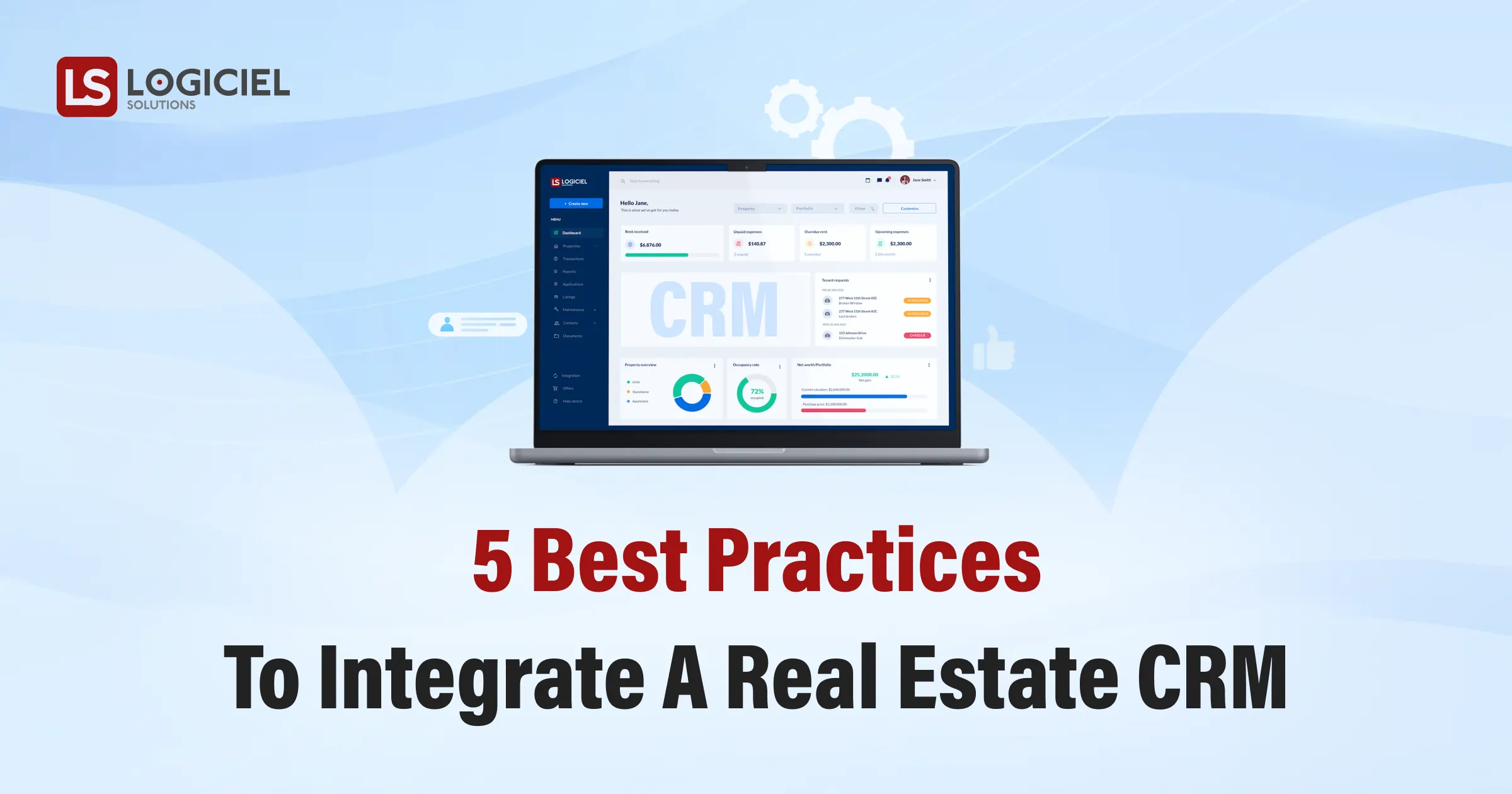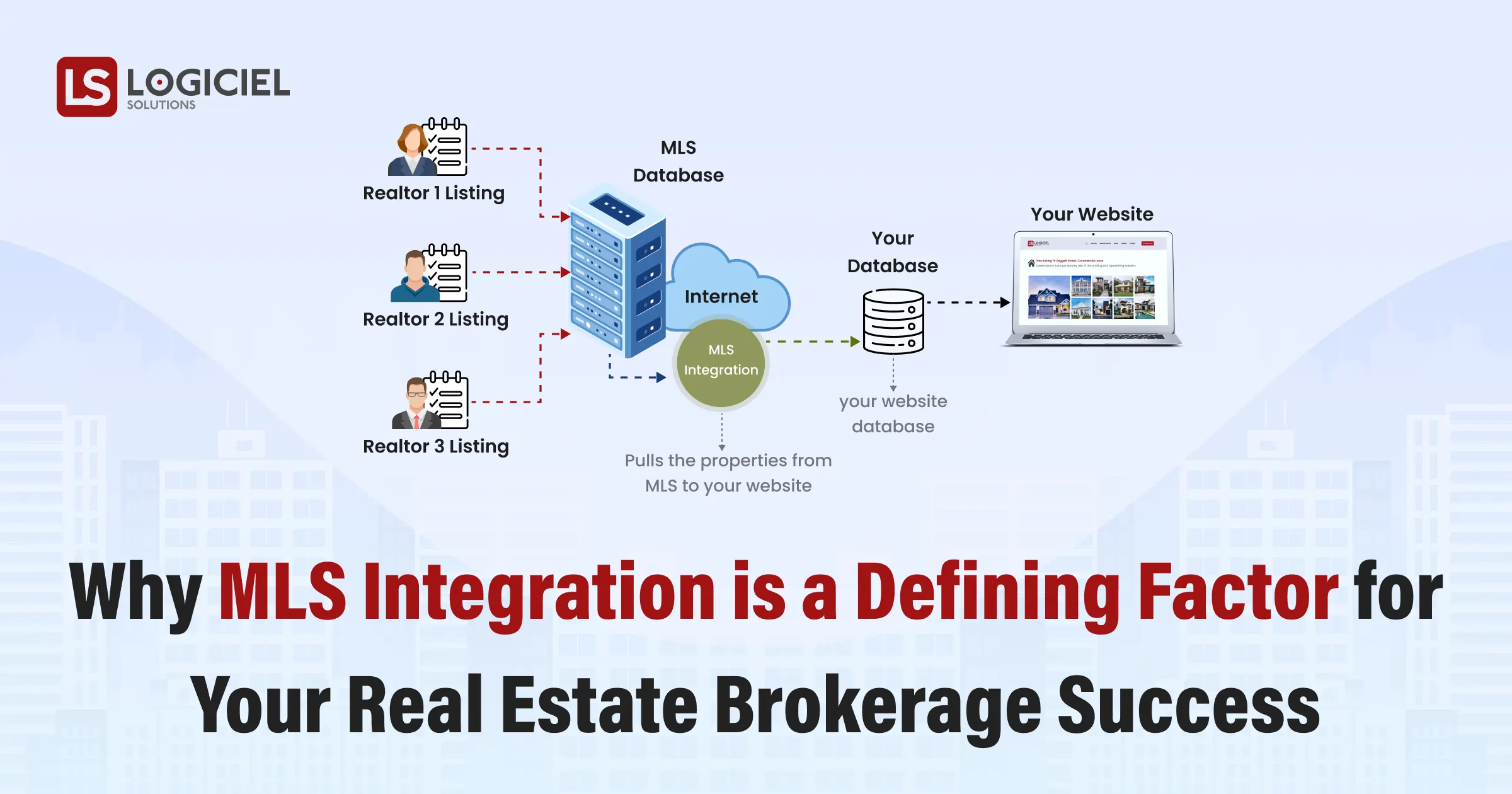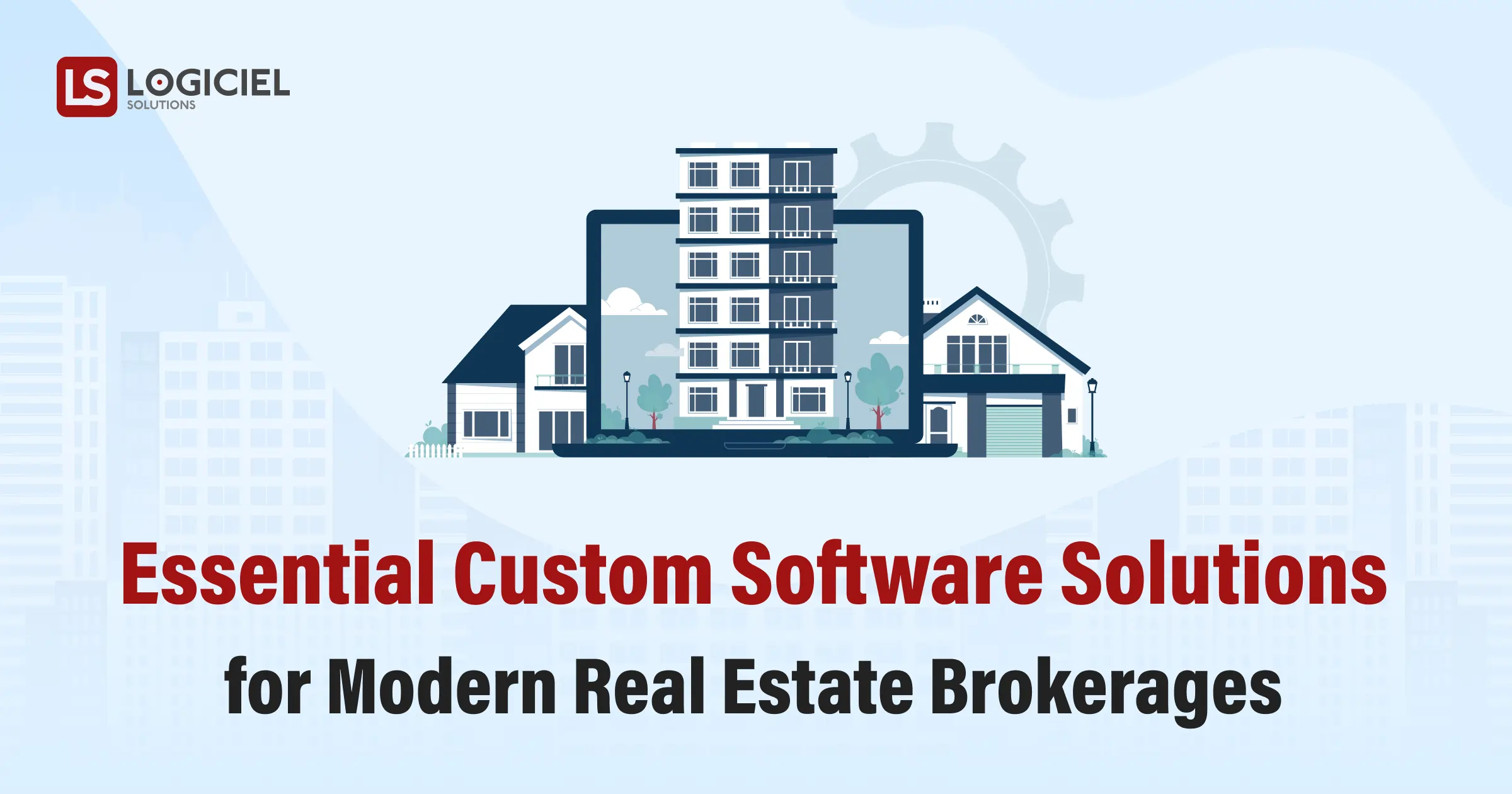CRM isn’t a new tool in Real Estate however, it is often underappreciated for its true value. It is because most of the realtors don’t know the right way to make their Real Estate CRM work for their business.
While real estate professionals have a lot on their plates, it becomes really challenging for them to keep track of all their existing and new clients’ requirements like who wants what and where follow ups are needed.
In such a tedious process, when they get a tool like a CRM, they just want this tool to start working for them and delivering value and boosting efficiency right from the start. Though it is an obvious expectation from a Proptech solution like Real Estate CRM, It may not be the best way to integrate this amazing tool.
Here is why?
To reap the maximum benefits of your Real Estate CRM Software, it’s critical that you customize this tool as per your business requirements following the best practices. Let’s get into the effective and proven ways to make CRM work to the fullest for your real estate business.
Best Practices to Integrate A Real Estate CRM Into Your Existing Digital Platform
1. Get the Hang of Your Target Audience
This is the very first step you need to take towards your CRM integration. To do so you need to segment your CRM database into different categories like dividing your user base into groups. You can categorize them based on their preferences about location, budget, and time.
After strategically segmenting the clients into different groups, it’s all about personalizing your messages or offers. Paying attention to understand the audience and sending relevant personalized messages seems like a time-consuming process but once established well, it can help you build trust and win customers in the long run.
2. Automate Your Marketing Efforts
Cut down on the human manual errors like sending wrong messages at the wrong time or missing sales opportunities in the lack of maintaining timely follow-ups. Save your realtors some extra time to focus on other major tasks like closing deals and creating engaging strategies with automating their repetitive and time-consuming tasks.
Still doesn’t see much value to opt automation in your CRM, here is an example for you to understand how critical automation is for the success of your Real Estate CRM Software – think about the scenario where your realtors are stuck in scheduling appointments and following up with new users, leaving them with little time to focus on closing big deals.
Having automation in place will help them automatically send follow-up emails, schedule appointments, and keep a tag of all the leads while focusing on high-value activities like closing the deals at the final stage.
Automate your marketing efforts to have no more lost emails by prospects and missed sales opportunities. Real Estate CRM Automation is about acting smart while efficiently managing your realtors time and energy.
3. Integrate with Other Tools
There is no tool that can fit all your real estate business needs, it is a vast industry with different functional and nonfunctional requirements. In order to fulfill these needs and stay competitive in the dynamic landscape of Proptech Solutions, you have to integrate with other effective tools.
Let’s understand it this way – your Real Estate CRM is the center of a wheel, while other tools such as email, social media, and listing services are the spokes that are connected to the center. Like a well-oiled wheel makes sure that the vehicle runs smoothly, it is important that you keep all your critical tools connected with one another to ensure your business workflow works efficiently.
So don’t let your realtors spend more time and energy juggling with various different tabs to find details that may be required quickly to close a deal. Whether it is contact management or updated property details, enable them to get whatever they need from one centralized digital location in just a few clicks.
One of the critical real estate integrations is linking your email marketing tool to your CRM to send tailored emails to your prospects quickly and efficiently. Another tool to integrate with is listing services to keep track of which properties are being searched by the prospects and react fast.
Document management is next in the queue to store and organize all your real estate contracts and paperwork. Smart and advanced integrations can really help you boost your Real Estate CRM capabilities.
4. Optimize Your Real Estate CRM for Mobile
We all know how busy real estate professionals are and most of the time they are not even in front of their desktops or laptops. Their job demands them to mostly be on field to show properties to potential clients so how do they manage potential buyers calls while being on the field?
Here comes another best practice, get your Real Estate CRM Mobile Optimized and pull up whatever details of the potential buyers you need on your phone in seconds. No matter whether you are offsite or on site, having a mobile optimized CRM enables you to always have all the critical property details right on your fingertips.
5. Ensure Data Security and Compliance
Cyberthreats in real estate may sound like not so relevant but in the changing and evolving landscape of property management where digital transactions are growing rapidly data security and compliance emerge as a big concern for the Real Estate experts.
Real estate industry collects tons of sensitive and financial data on a regular basis, hence, even a small breach can spoil the brand image completely. So yes, Data Security is a big deal in today’s Proptech world.
Always backup your real estate data with double security and always follow the top security protocols like encryption, regular backups, and secure user authentication. Don’t avoid adhering to the real estate compliance regulations as there are lots of laws and regulations that keep on upgrading or changing without prior intimation. Make sure your Real Estate CRM works efficiently and ethically.




